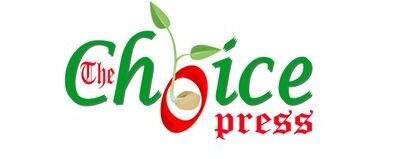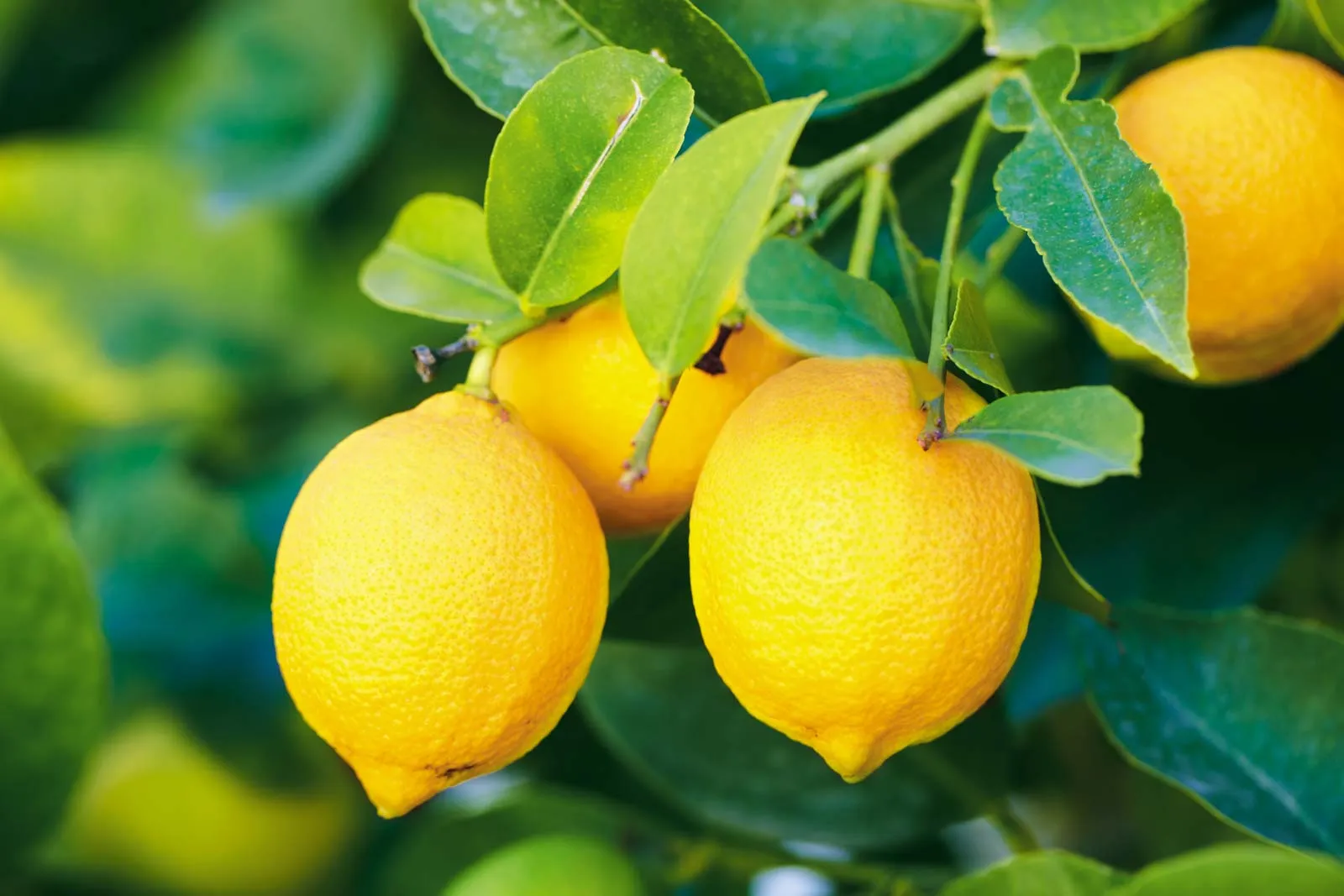The Development Bank Ghana (DBG), has as part of its strategies to improve foοd security in the country, engaged stakeholders in the poultry value chain to ascertain challenges and provide financing support.
The Bank believes that addressing market failures in critical food supply chains, especially in the areas such as maize, rice, poultry, and soybeans, through sustainable agricultural financing policy and regulatory reforms, could minimize the rising cost of food and reverse importation into the country.
It is therefore, working with the Ghana Incentive-Based Risk-Sharing System for Agricultural Lending Project (GIRSAL), Feed the Future Ghana Mobilizing Finance in Agriculture Activity, and other participating financial institutions to accelerate sustainable food production.
Dr Kwabena Opuni-Frimpong, Vice President for Research at DBG, speaking at the engagement with stakeholders in the poultry value chain in Kumasi, said the bank had identified and worked with about 12 companies to scale up maize and soya production.
He said for the poultry sector to work, Ghana required more maize, adding that “Ghana had arable lands and resources.
“There is, therefore, no need for Ghana to be importing $600 million worth of chicken every year; no need to import a billion dollars worth of rice every year. These are things we can do because it will generate jobs and create wealth, and ensure spatial distribution of resources,” he said.
Read also: Consider sowing drought-tolerant seed varieties – Ghana Meteorological Agency
Dr Opuni-Frimpong said foοd security was a problem in Ghana, citing the 2021 Global Food Security Index, where the country ranked 83 out of 113 countries.
Malnourishment and underweight children persist in Ghana and the DBG’s intervention to identify bankable projects within the value chains will bridge the gap of nutritional inconsistencies.
According to him, the DBG had a pool of funds of more than $700 million to support the selected production of the crops and to ensure that farmers had access to the necessary resources and support to increase output and improve food security.
The DBG team had already engaged stakeholders in maize and soybean value chains at Sunyani, he added.
Dr Victor Antwi, Chief of Party, Feed the Future Ghana Mobilizing Finance in Agriculture Activity, said the partnership with the Bank was to support and enhance foοd security in the country.
Again, the partnership would afford the opportunity to reach out to a lot more women identified along these value chains.















